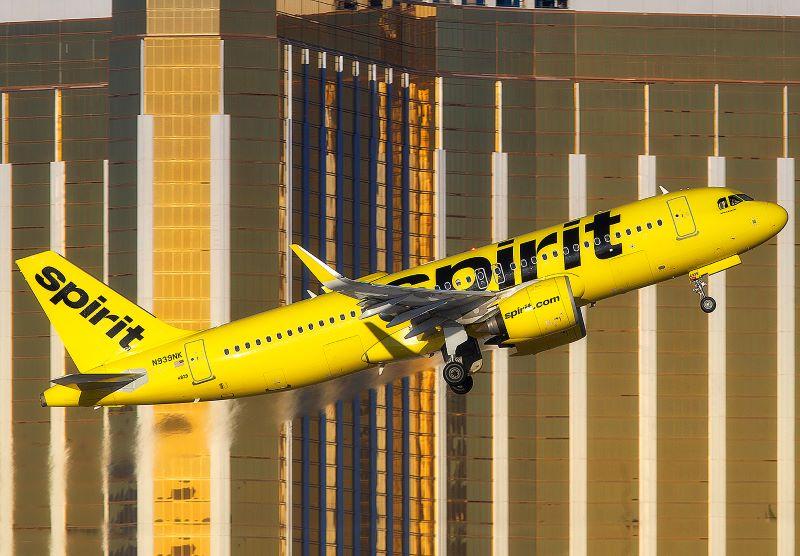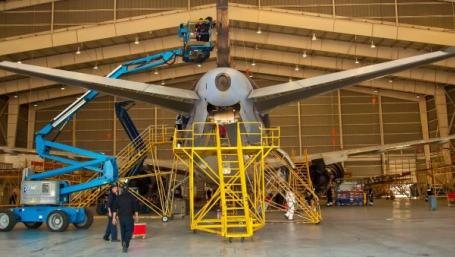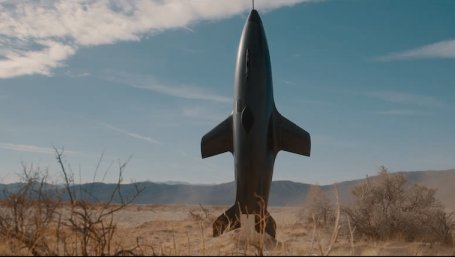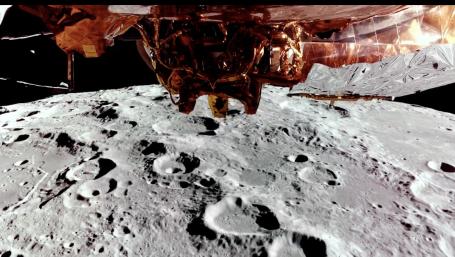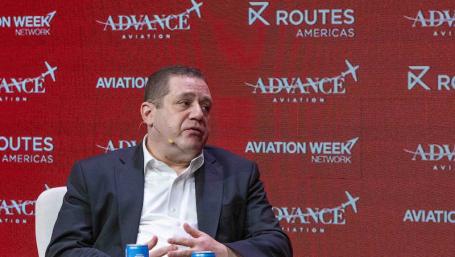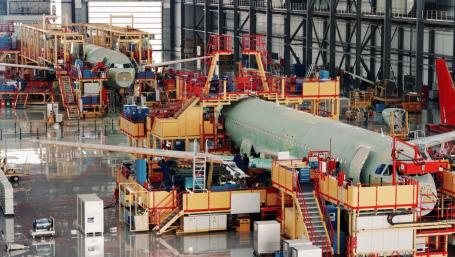Aerospace | Air Transport | Business Aviation | MRO | Defense | Space | Sustainability
幸运飞行艇官方开奖查询结果 幸运飞行艇开奖官网结果记录查询 Featured Aerospace News
飞艇-幸运168飞行艇全国开奖记录 168幸运飞开艇开奖结果官网、幸运飞行艇官方开奖历史 Featured Air Transport News
幸运飞行艇开奖查询结果-幸运168飞艇官方开奖记录 Featured MRO News
168飞艇官网开奖历史记录查询-官方开奖记录查询结果 Featured Defense News
幸运飞行艇开奖查询结果-幸运168飞艇官方开奖记录 Featured Space News
幸运飞行艇官方直播记录查询开奖结果-开奖记录结果 Featured Business Aviation News
168飞艇计划软件开奖官方网站 幸运飞行艇官方开奖记录查询结果 AWN Sponsored Content
Mar 03, 2025
Discover how Gore’s advanced cable solutions optimize weight, durability, cost, and performance for the next generation of high performance defense drones.
Mar 03, 2025
Cloud ERP gives space startups enterprise-grade management tools and AI capabilities without the overhead, helping them scale from R&D to manufacturing efficiently.
Mar 03, 2025
SAP's cloud-based ERP suite helps A&D companies tackle complex supply chain challenges with integrated planning, real-time visibility, and AI-driven insights.
Mar 03, 2025
Sydney is forecast to maintain it’s ranking as Australia’s biggest city well into the future. Australia’s gateway, Sydney Airport is primed for growth.
Feb 21, 2025
TATV speaks to Yoav Tourgeman, the CEO of Israel’s Rafael Advanced Defense Systems, who discusses the Israeli firm’s work in the multi-layered air defense systems realm and how its specialized R&D process brings value to its customers.
168幸运飞行艇开奖结果体彩网 飞艇168开奖官网 Aviation Week Intelligence Network (AWIN)
Access authoritative market insights and locate new business with access to company, program, fleet and contact databases - only available with AWIN.
中国飞艇168全国统一开奖数据, 历史开奖记录 Podcasts
Mar 03, 2025
Considering recent maintenance insourcing announcements by Ryanair, British Airways and others, is there is a shifting dynamic in the aftermarket?
Feb 27, 2025
Arajet founder and CEO Víctor Pacheco shares insights on the U.S.-Dominican Republic open skies agreement and what it means for the airline's growth.
Feb 21, 2025
As the X-37B graces the cover of Aviation Week & Space Technology magazine, editors discuss the unique characteristics of the spaceplane and what its up to as it orbits Earth.
Feb 21, 2025
Listen in to Mohammad Taher—aka Mo T The Airport Guy—who has amassed more than 1 million social media followers promoting the aviation industry.
Feb 20, 2025
British Airways executive Neil Chernoff discusses network strategy and planning, Heathrow’s third runway, product investments and more.
Aviation Week Knowledge Center
Access our growing collection of digital resources from thought leaders around the industry.
幸运飞行艇168官方开奖记录-飞艇168开奖历史168结果号码体彩网直播计划 Webinars
Nov 26, 2024
The aerospace supply chain is not where anyone thought it would be. Attendees will receive outlooks on the near, midterm and long-term prospects for suppliers and take away actionable recommendations to get ahead of supply chain changes.
Nov 19, 2024
The outcome of the Nov. 5, 2024 U.S. presidential election could have far-reaching ramifications for defense and wider security issues globally.
Discover our Portfolio
Delivering award-winning journalism, deep data and analytics, world-class events, and content-driven marketing services, our core principle is helping our customers succeed by enabling them to Know, Predict and Connect.


